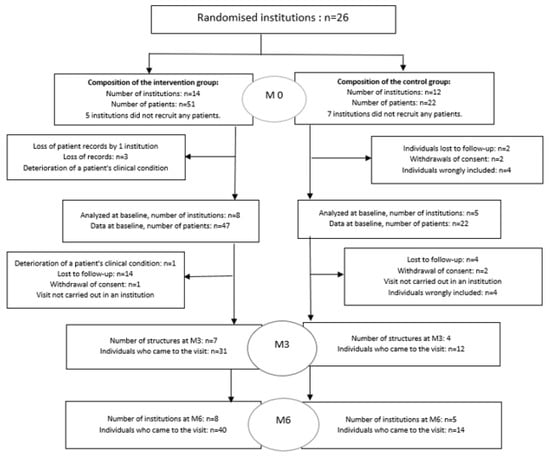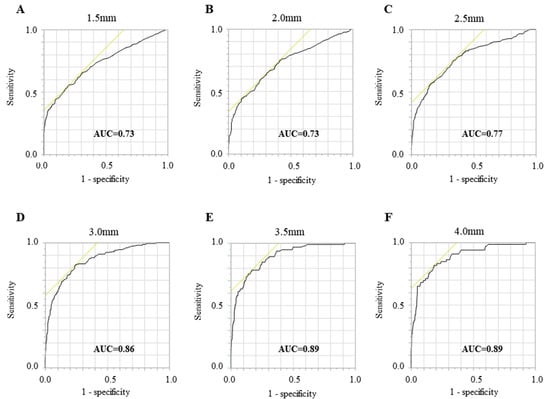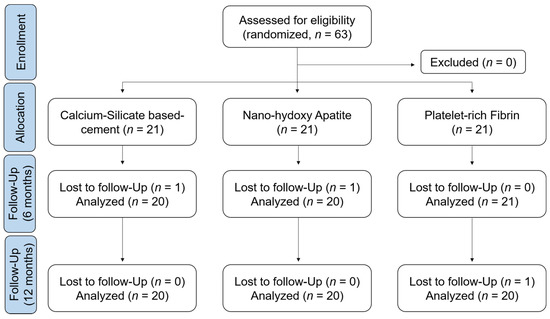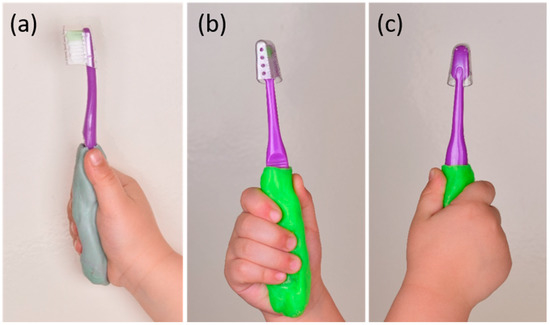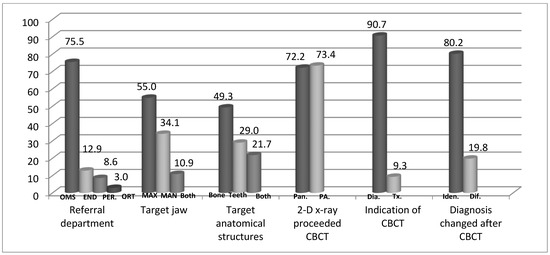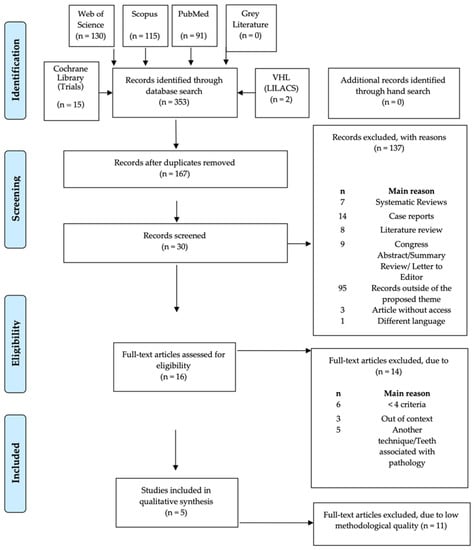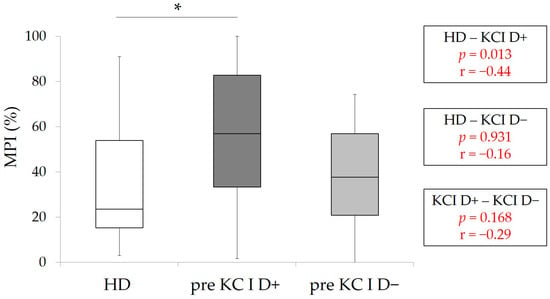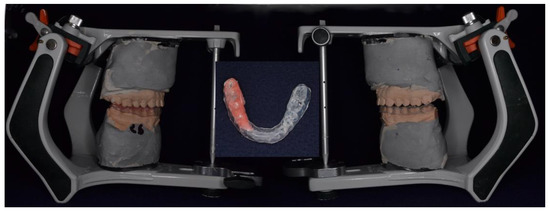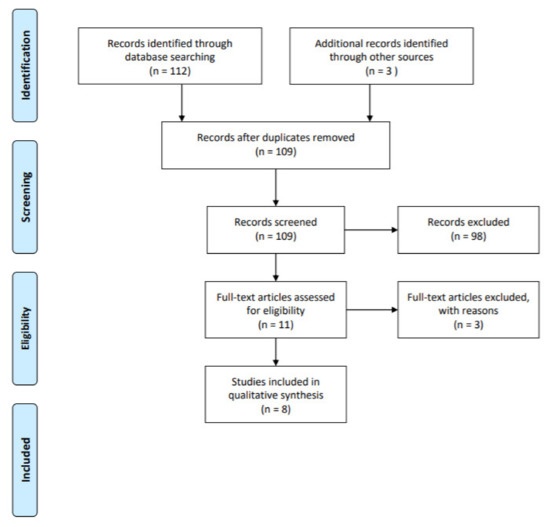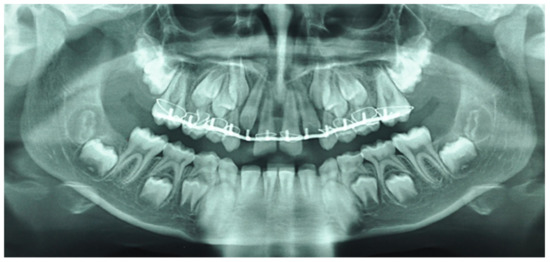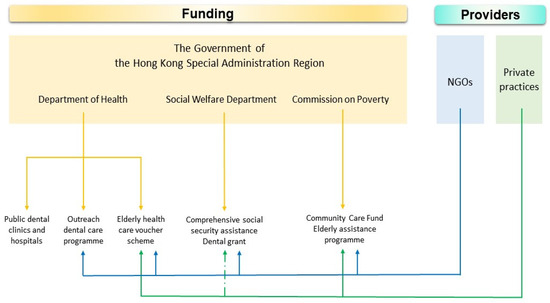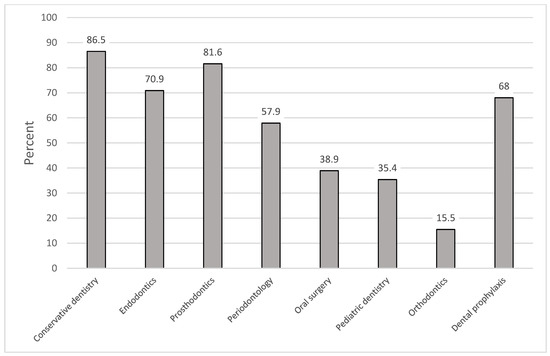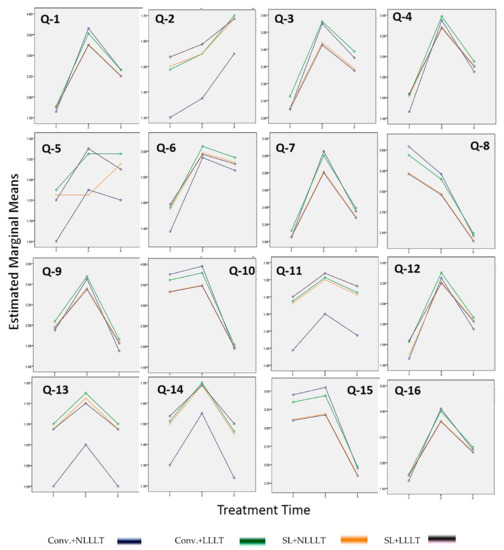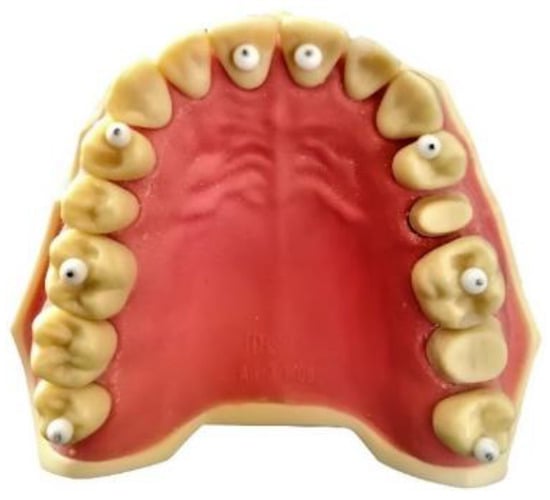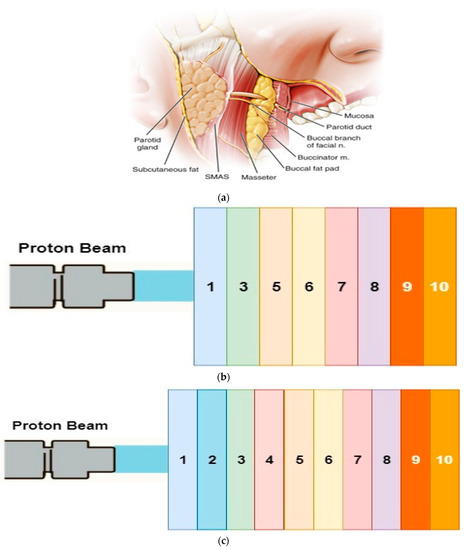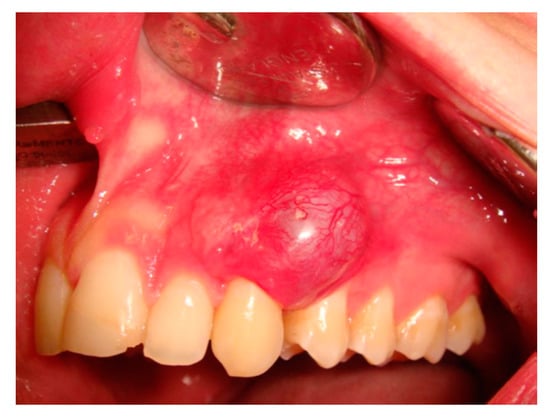Healthcare in Dentistry
A topical collection in Healthcare (ISSN 2227-9032). This collection belongs to the section "Chronic Care".
Viewed by 84345Editor
Interests: oral medicine; oral surgical pathology; laser application in oral surgical pathology; implant rehabilitation of oncologic patients or those affected by oral mucosa/jaw diseases
Special Issues, Collections and Topics in MDPI journals
Topical Collection Information
Dear Colleagues,
The wellbeing of the oral cavity has been of great interest in recent years. For this Special Issue, we wish to consider manuscripts that can lead to clarification of the aspects related to healthcare and oral pathologies, like simple and complex oral rehabilitation of edentulism both in normal patients and those affected by serious systemic diseases, the treatment and prevention of oral diseases, malocclusions, tempomandibular joint diseases. The use of nanotechnologies in the rehabilitation of patients with surgical outcomes, and the prevention and treatment of pathologies that can affect the presence of dental elements in the oral cavity. The published papers will contribute to achieving oral wellbeing and a better quality of life, suggesting possible suitable prevention and therapy protocols for the multiple pathologies of the oral cavity.
Prof. Dr. Massimo Corsalini
Collection Editor
Manuscript Submission Information
Manuscripts should be submitted online at www.mdpi.com by registering and logging in to this website. Once you are registered, click here to go to the submission form. Manuscripts can be submitted until the deadline. All submissions that pass pre-check are peer-reviewed. Accepted papers will be published continuously in the journal (as soon as accepted) and will be listed together on the collection website. Research articles, review articles as well as short communications are invited. For planned papers, a title and short abstract (about 100 words) can be sent to the Editorial Office for announcement on this website.
Submitted manuscripts should not have been published previously, nor be under consideration for publication elsewhere (except conference proceedings papers). All manuscripts are thoroughly refereed through a single-blind peer-review process. A guide for authors and other relevant information for submission of manuscripts is available on the Instructions for Authors page. Healthcare is an international peer-reviewed open access semimonthly journal published by MDPI.
Please visit the Instructions for Authors page before submitting a manuscript. The Article Processing Charge (APC) for publication in this open access journal is 2700 CHF (Swiss Francs). Submitted papers should be well formatted and use good English. Authors may use MDPI's English editing service prior to publication or during author revisions.
Keywords
- oral health management
- oral rehabilitation
- oral pathologies treatment
- well-being of the oral cavity
- oral health prevention
- oral health management
- oral education






